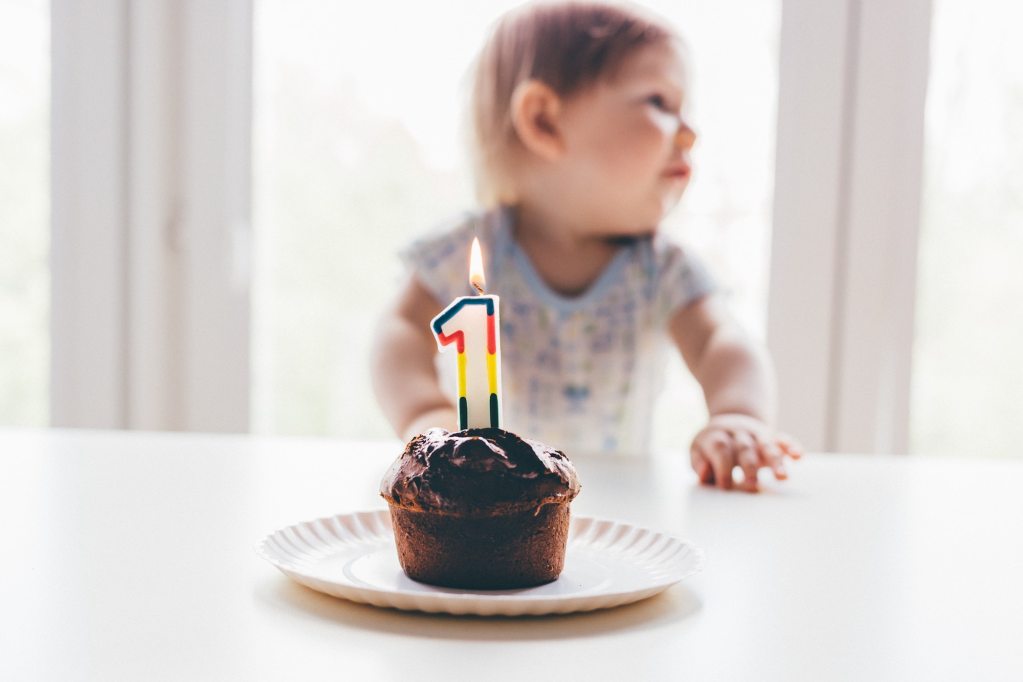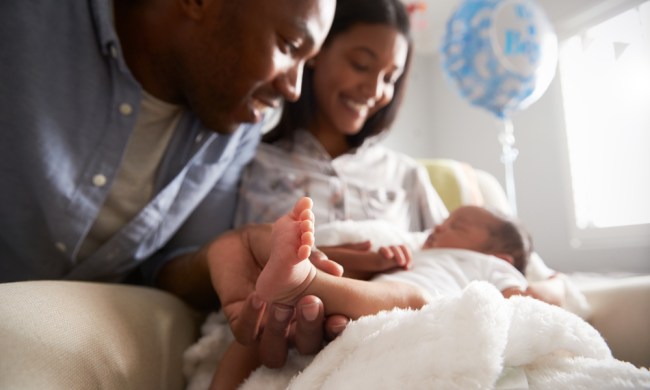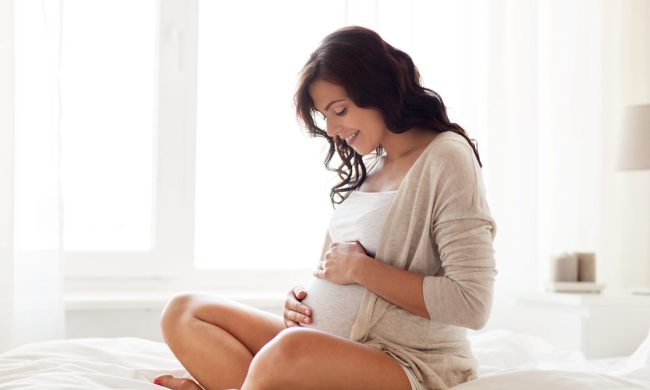
Nothing can truly prepare new parents for how many baby diapers they will go through in a day. Whether you’re using cloth or disposable, it can feel like you’re constantly changing diapers! And that’s because, at least when you have a newborn in the house, you really are changing your baby a lot.
It can be overwhelming for new parents when they first bring their baby home from the hospital as they try to navigate their new normal with a new little person in the house. Here are some general guidelines for all parents who find themselves wondering just how many diapers a day is normal.
The newborn phase

One of the most exciting parts of preparing your nursery for your baby’s arrival is stacking all those adorable, tiny diapers. From the time you bring your baby home from the hospital to around the 3-month mark, you’ll probably be changing your baby every 2 to 3 hours. That means you’ll be going through roughly 8 to 12 diapers per day, or around 700 diapers before they’re 3 months old.
Frequent diaper changes are important when your baby is a newborn to help keep their skin dry and healthy and prevent any risk of infection. However, you don’t want to run out and buy 700 newborn diapers before your baby arrives, as they may quickly grow out of them. Most diapers will come with a weight range listed, so buy accordingly.
As they get older

Fortunately, as your baby gets older and you start to introduce solid food, diaper changes become less frequent, thanks to their bladder growing and their bowel movements becoming less frequent. It’s still important to monitor your baby’s diaper and change it if it’s soiled. Sitting in a too-wet or dirty diaper for too long can irritate your baby’s sensitive skin and cause accidental leaks. Once your baby reaches 6 months old, you’ll probably only change their diaper five to six times daily, on average.
The first year

It’s hard to believe, but by the time you celebrate your baby’s first birthday, you’ll have changed anywhere from 2,000 to 2,200 diapers! At this time, you’ll probably have a handle on just how many changes your baby will need in a day, and how to anticipate when they will need to be changed.
It can also be tempting to stock up on diapers, especially when they go on sale, but keep in mind that, especially when your baby is smaller, they can grow out of them quickly. Try to have a variety of sizes on hand to ensure they’re wearing the size diaper that fits them best.
Diaper changes are a part of being a parent, and while it may not be the most glamorous job, it’s probably one of the most important. Keeping your baby’s skin clean and dry ensures they’re healthy and comfortable, and changing their diaper is a great bonding opportunity. Before you know it, you’ll be potty training and ready to say goodbye to diapers forever!



